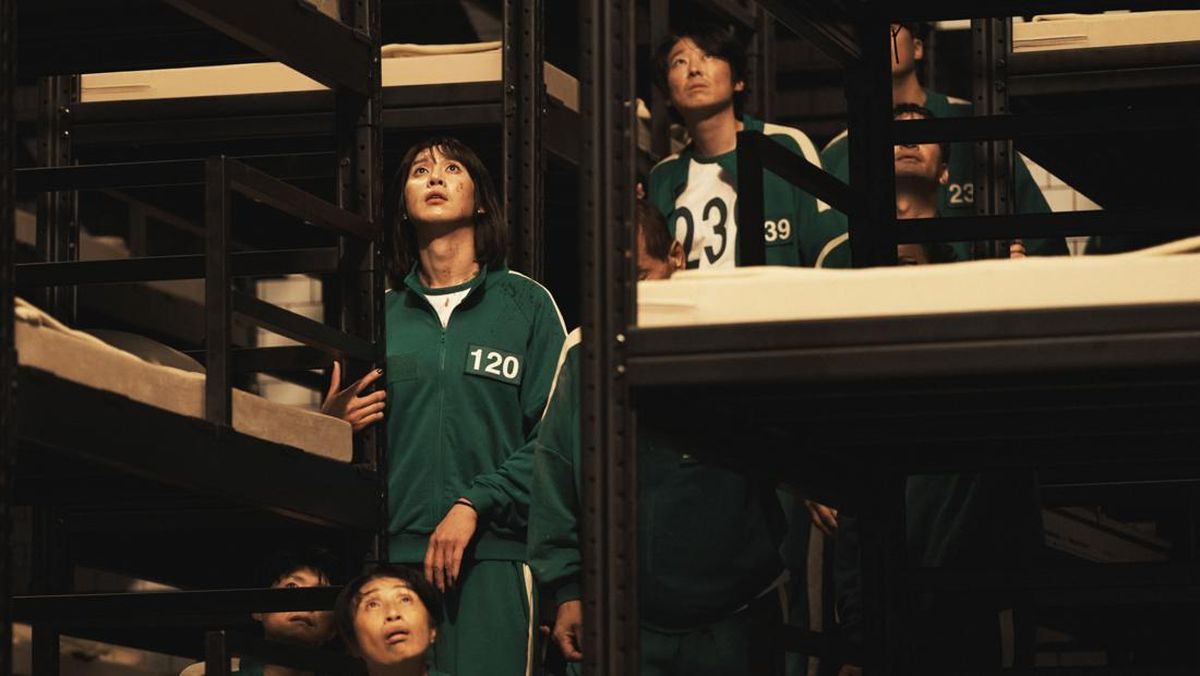Squid Game Histoire Vraie? The wildly popular Netflix series wasn’t just a thrilling spectacle; it sparked intense global conversations about social inequality, economic desperation, and the dark side of human competition. This exploration delves into the real-world inspirations behind the show, examining the South Korean societal pressures that mirror the desperation depicted on screen. We’ll separate fact from fiction, exploring the show’s commentary on capitalism and its impact on vulnerable populations.
Get ready to uncover the truth behind the games.
So, you’re wondering about “squid game histoire vraie”? The show’s brutal games definitely sparked debate, but the intense pressure situations it depicts aren’t unique. Think about the unimaginable stress experienced by passengers during a major disaster, like the one described in this article about the emirates plane crash abu dhabi. While vastly different in context, both situations highlight the fragility of life and the extreme choices people face under pressure – a key element of the Squid Game’s narrative.
We’ll investigate the parallels between the show’s brutal games and traditional Korean children’s games, analyzing the visual storytelling and its powerful message. From the stark color palettes to the contrasting portrayals of wealth and poverty, we’ll unpack the visual language used to create such a gripping narrative. We’ll also discuss the show’s global impact, its influence on popular culture, and the critical debates it ignited worldwide.
The Inspiration Behind “Squid Game”: Real-World Parallels in South Korea
The global phenomenon “Squid Game” isn’t just a thrilling survival drama; it’s a stark reflection of South Korea’s socio-economic realities. The show’s gripping narrative draws heavily from the country’s intense societal pressures, economic disparities, and the struggles faced by individuals burdened by debt.
Real-Life Debt Crises in South Korea
South Korea has experienced significant periods of economic hardship, leading to widespread debt crises impacting countless individuals and families. The pressure to succeed academically and professionally, coupled with the high cost of living, particularly in urban areas like Seoul, often pushes people into overwhelming debt. This can stem from various sources, including education loans, housing costs, and business ventures gone wrong.
The consequences can be devastating, leading to homelessness, family breakdown, and even suicide.
South Korea’s Economic Landscape and Social Inequality
South Korea’s economic success story is undeniable, yet it’s a story marked by significant inequality. While the nation boasts a highly developed economy, the gap between the wealthy elite and the struggling working class remains substantial. This disparity is reflected in access to quality education, healthcare, and housing. The pressure to maintain a certain social standing often intensifies the financial burden on individuals, contributing to the cycle of debt and desperation depicted in “Squid Game”.
Societal Pressures and Competition in South Korea
South Korean society is known for its highly competitive environment, particularly in education and employment. The pressure to excel academically from a young age is immense, often leading to intense stress and anxiety. The job market is equally competitive, with many individuals facing precarious employment situations and limited social safety nets. This relentless competition creates a climate of desperation where the pursuit of financial security can feel like a life-or-death struggle.
Comparison of “Squid Game” Games to Traditional Korean Children’s Games
| Squid Game Game | Traditional Korean Game | Description | Similarities/Differences |
|---|---|---|---|
| Red Light, Green Light | 무궁화 꽃이 피었습니다 (Mugunghwa kkochi pieotseumnida) | A children’s game where players must freeze when the leader says “Red Light” and can move when they say “Green Light”. | Directly adapted; the stakes are drastically increased in “Squid Game”. |
| Honeycomb/Dalgona Candy | 뽑기 (Ppokki) | A game involving carving shapes out of a thin, brittle candy. | Directly adapted; the punishment for failure is far more severe. |
| Tug-of-War | 줄다리기 (Juldariki) | A traditional game of strength where two teams pull on a rope. | Similar concept; the scale and consequences are amplified. |
| Marbles | 구슬치기 (Guseulchigi) | A simple game where children bet marbles against each other. | Similar concept; the stakes are deadly in “Squid Game”. |
Debunking Myths: Fact vs. Fiction in “Squid Game”
While “Squid Game” uses dramatic license to amplify its message, it’s crucial to distinguish between the show’s fictional elements and the realities of South Korean society. The show’s portrayal of poverty and desperation, while exaggerated for dramatic effect, highlights real social issues that deserve attention.
Poverty and Desperation: Reality vs. Depiction
The show dramatically depicts the struggles of individuals trapped in a cycle of poverty and debt. While the extreme situations portrayed in the games are fictional, the underlying reality of economic hardship and social inequality in South Korea is undeniable. The show’s heightened portrayal serves to emphasize the desperation that many people face, albeit in a more extreme, fictional context.
Exaggeration and Fictionalization for Dramatic Effect
Several aspects of “Squid Game” are clearly exaggerated for dramatic effect. The scale of the games, the brutality of the violence, and the clandestine nature of the operation are all far removed from reality. The show uses these exaggerations to create a powerful and unsettling commentary on societal issues, rather than attempting a realistic depiction of events.
Violence in “Squid Game” and South Korean Crime Rates
The graphic violence depicted in “Squid Game” is a significant element of the show’s impact. While South Korea has a relatively low crime rate compared to many other developed nations, the show’s depiction of violence serves as a metaphorical representation of the brutal consequences of societal pressures and inequality. It’s not meant to reflect actual crime statistics, but rather to convey the feeling of being trapped in a system that feels violent and unforgiving.
Factual vs. Fictional Elements in “Squid Game”
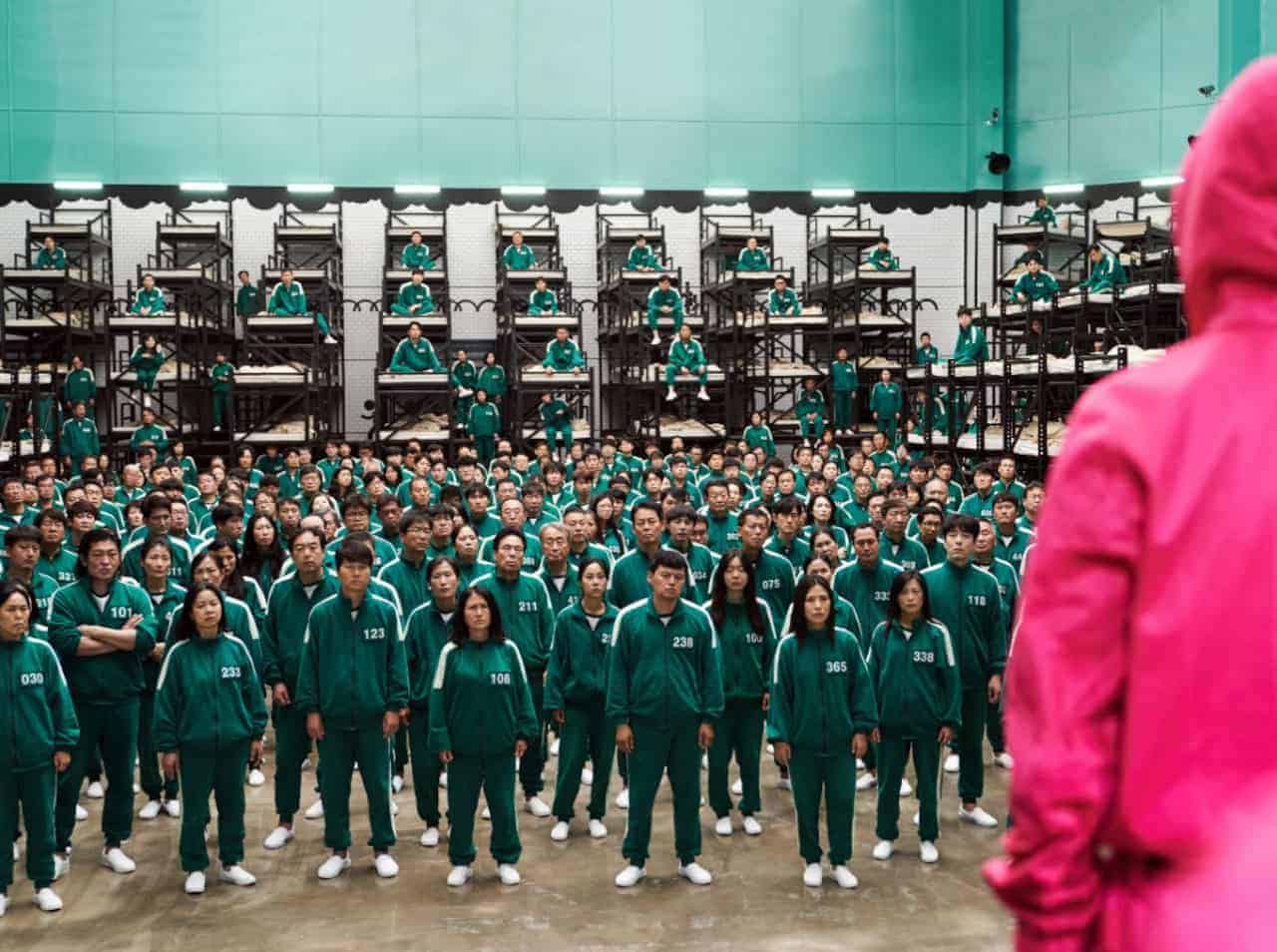
- Factual: High levels of debt and economic inequality in South Korea.
- Factual: Intense societal pressures related to education and employment.
- Factual: The existence of traditional Korean children’s games.
- Fictional: The clandestine, large-scale survival games.
- Fictional: The extreme violence and brutality depicted.
- Fictional: The opulent lifestyle of the game organizers.
The Social Commentary of “Squid Game”
“Squid Game” transcends its genre to become a powerful social commentary on capitalism, class inequality, and the ethical dilemmas faced by individuals struggling for survival. The show’s exploration of these themes has sparked widespread debate and discussion around the world.
Critique of Capitalism and its Impact on Vulnerable Populations
The show offers a sharp critique of a capitalist system where the wealthy elite profit from the desperation of the vulnerable. The games themselves represent a distorted reflection of the cutthroat competition inherent in a system that prioritizes profit over human well-being. The stark contrast between the opulence of the VIPs and the abject poverty of the players underscores the inherent inequalities of such a system.
Class Inequality and Social Mobility
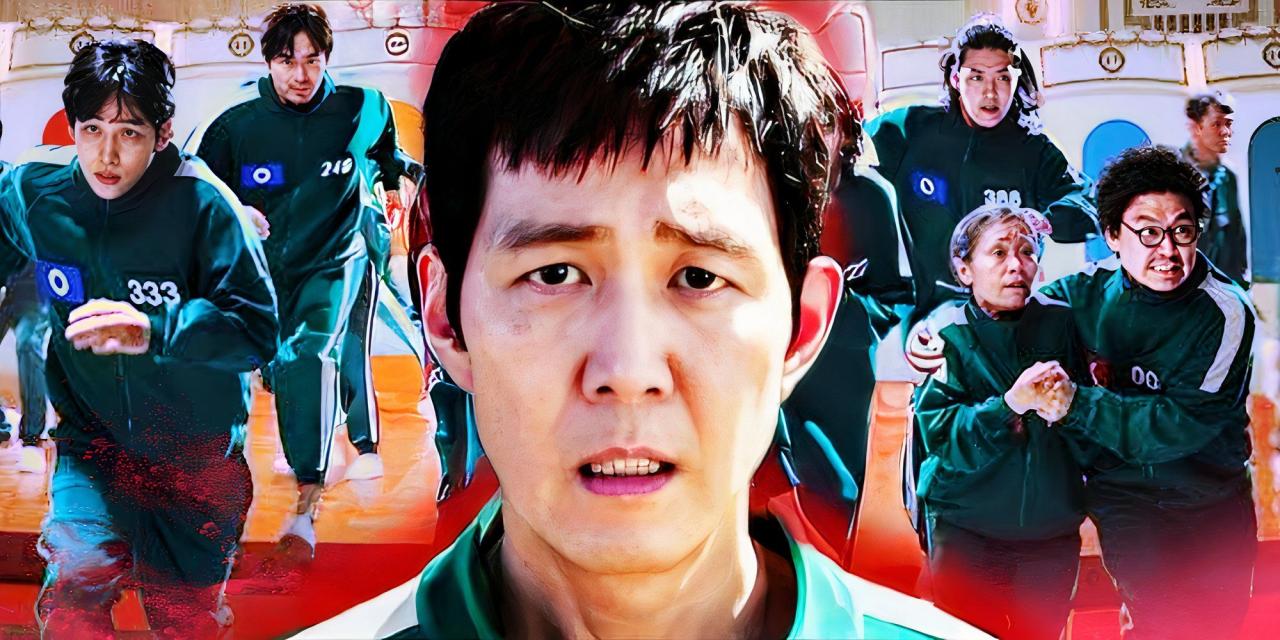
The series vividly portrays the challenges faced by those trapped in cycles of poverty and the near-impossibility of social mobility. The characters’ backgrounds and motivations highlight the systemic barriers that prevent individuals from escaping their circumstances. The game, therefore, becomes a metaphor for the systemic inequalities that trap people in poverty.
Ethical Implications of the Games and Participants’ Choices, Squid game histoire vraie
The ethical dilemmas faced by the participants are central to the show’s narrative. The desperation for survival forces them to make difficult choices, often compromising their morality. The show compels viewers to consider the ethical implications of the systems that drive individuals to such extremes.
Comparative Analysis of Characters’ Motivations and Socio-Economic Backgrounds
The diverse array of characters, each with unique backgrounds and motivations, provides a nuanced portrayal of the impact of socio-economic factors. Comparing the motivations of the characters reveals how desperation and inequality can shape individuals’ choices and actions. For example, Gi-hun’s initial desperation contrasts with Sang-woo’s calculated ambition, highlighting different responses to systemic pressure.
The Global Impact and Reception of “Squid Game”
The show’s unprecedented global success has had a significant cultural impact, sparking conversations about social issues and influencing various aspects of popular culture.
Global Popularity and Cultural Impact
“Squid Game” became a global sensation, breaking viewership records on Netflix and generating widespread discussion across various social media platforms. The show’s popularity transcended geographical boundaries, becoming a cultural touchstone for a diverse international audience.
Influence on Fashion, Music, and Other Cultural Trends
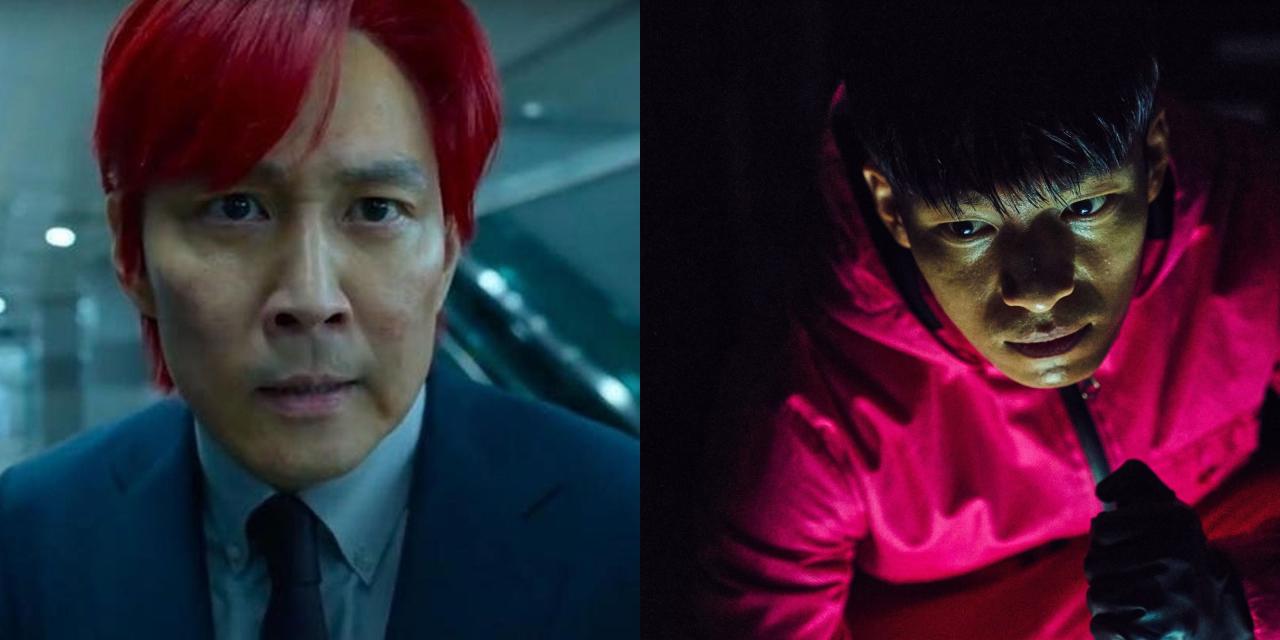
The show’s influence extended beyond the screen, inspiring various trends in fashion, music, and other forms of media. The distinctive green tracksuits worn by the players became a popular costume choice, while the show’s themes and imagery were incorporated into music videos and other creative projects.
Critical Reception and Diverse Perspectives on its Themes
The show’s critical reception has been largely positive, with praise for its compelling narrative, strong performances, and thought-provoking social commentary. However, diverse perspectives exist on its themes, with some criticizing its depiction of violence or its simplistic portrayal of complex social issues.
Discussions Sparked by “Squid Game” on Social Issues Worldwide
The show has sparked widespread discussions about social issues, including economic inequality, debt, and the consequences of unchecked capitalism. These conversations have taken place across various platforms, prompting renewed focus on the challenges faced by vulnerable populations worldwide.
So you’re wondering about “Squid Game histoire vraie”? While the show’s fictional, the harsh realities of debt and societal inequality it depicts are sadly real. Think about the sheer scale of coordinated effort – it makes you appreciate the incredible technology behind things like the china new year drone show , which requires similar levels of precision and planning.
The contrast between the fictional games and the real-world spectacle highlights how human ingenuity can be used for both entertainment and potentially devastating consequences, just like in “Squid Game histoire vraie”.
Visual Representation of “Squid Game”‘s Themes: Squid Game Histoire Vraie
The show’s visual elements are integral to conveying its themes of desperation and hopelessness. The careful use of color palettes, set design, and character costumes contributes significantly to the show’s overall impact.
Visual Elements Conveying Desperation and Hopelessness
The show utilizes a stark color palette, contrasting the vibrant pinks and greens of the game sets with the drab, muted tones of the players’ living spaces. This visual contrast underscores the disparity between the artificial world of the games and the harsh reality of their lives. The set design further reinforces this, with the opulent game sets contrasting sharply with the cramped and impoverished living conditions of the players.
The players’ costumes, simple and uniform, emphasize their dehumanization and lack of individual identity within the system.
Analysis of a Key Scene and its Visual Impact
The final game, the Squid Game itself, is visually striking. The vast, childlike playground setting juxtaposed with the brutal violence and desperation of the players creates a powerful visual metaphor. The bright, almost cartoonish colors of the playground contrast sharply with the grim reality of the situation, highlighting the absurdity and cruelty of the system. The close-up shots of the players’ faces during the final moments emphasize their individual struggles and desperation.
Visual Contrast Between Wealthy and Impoverished Lives
A stark visual contrast is established between the opulent lifestyles of the VIPs and the impoverished lives of the game participants. The VIPs are shown in lavish settings, surrounded by luxury and comfort, while the players are confined to cramped, squalid living spaces. The sharp differences in clothing, food, and overall environment highlight the vast chasm between the two groups, underscoring the systemic inequalities that drive the narrative.
Last Point
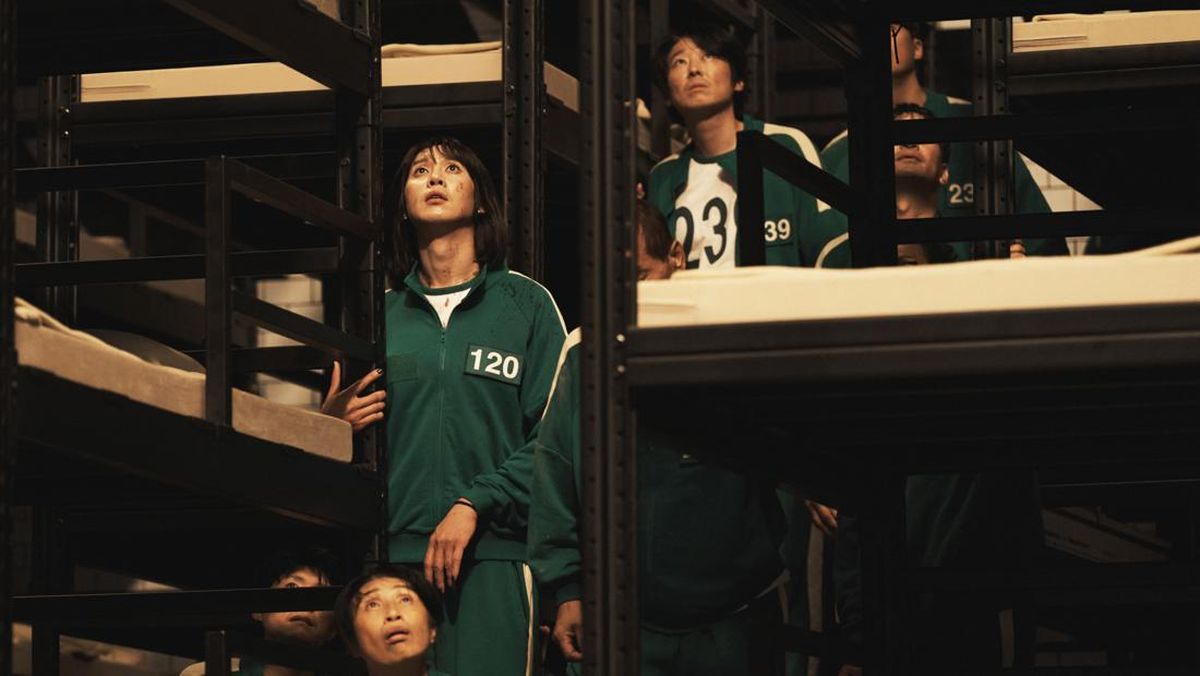
Ultimately, “Squid Game Histoire Vraie” reveals that while the show’s deadly games are fictional, the underlying social and economic anxieties it portrays are painfully real. The series serves as a powerful reflection of global issues, prompting viewers to consider the systemic inequalities that contribute to desperation and the lengths some individuals might go to escape poverty. By understanding the inspiration behind the show, we can better appreciate its commentary and its lasting cultural impact.
So, you’re wondering about “Squid Game histoire vraie”? While the show’s fictional, the desperation it depicts sadly reflects real-world struggles. Think about the ingenuity needed to survive, similar to the tech behind the ukrainian sea drone which requires clever innovation under pressure. This parallels the resourcefulness shown by the Squid Game contestants, highlighting the human capacity for both creation and destruction in the face of extreme circumstances.
The games may be fictional, but the struggle for survival, and the harsh realities they represent, are far from it.
Detailed FAQs
Was the show inspired by a single true story?
No, “Squid Game” draws inspiration from various real-world issues and societal pressures in South Korea, not a single specific event.
Are the games in the show based on real Korean games?
Yes, many games are similar to or inspired by traditional Korean children’s games, though the deadly consequences are entirely fictional.
How accurate is the show’s depiction of poverty in South Korea?
While the show exaggerates certain aspects for dramatic effect, it reflects real anxieties surrounding economic hardship and social mobility in South Korea.
What is the show’s main message?
The show critiques capitalism, highlights social inequality, and explores the desperation that can drive people to extreme measures.
